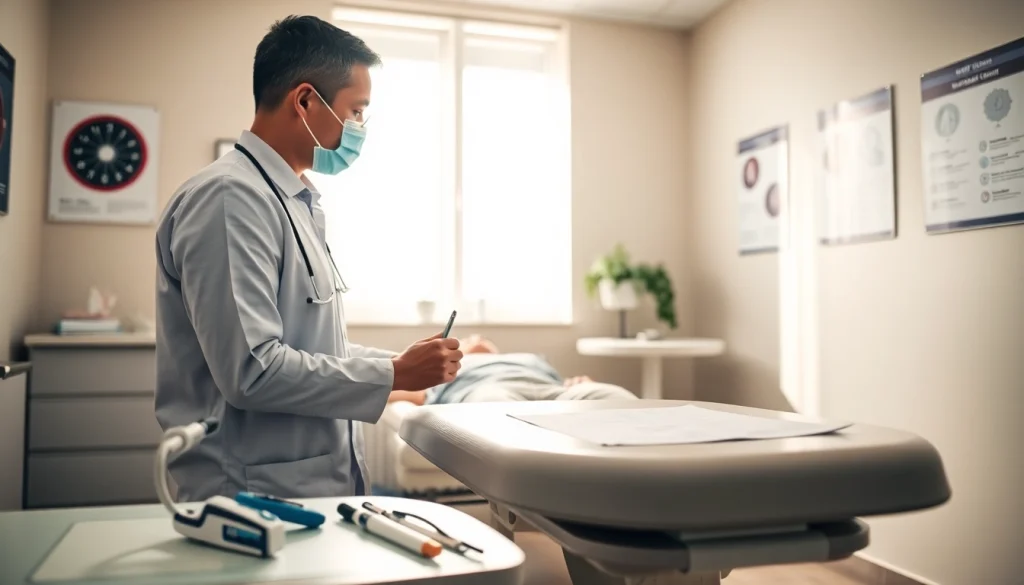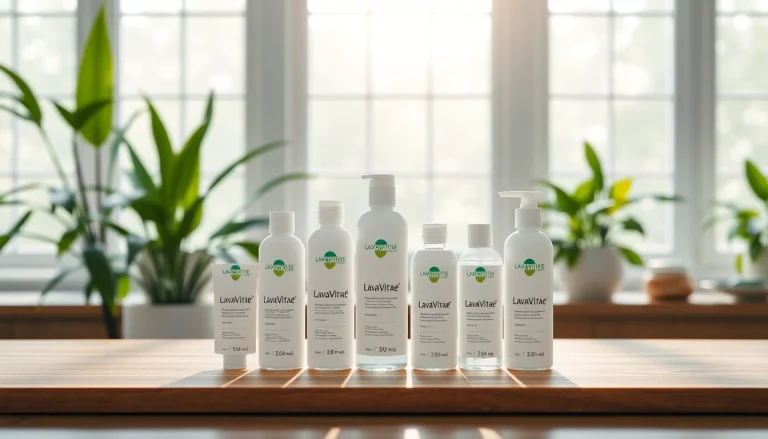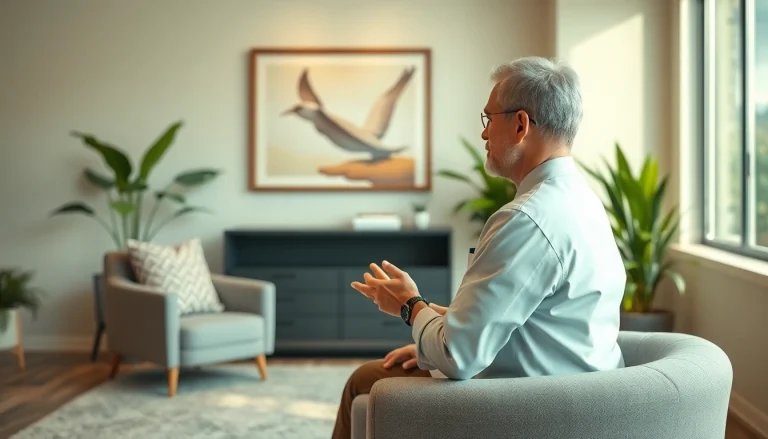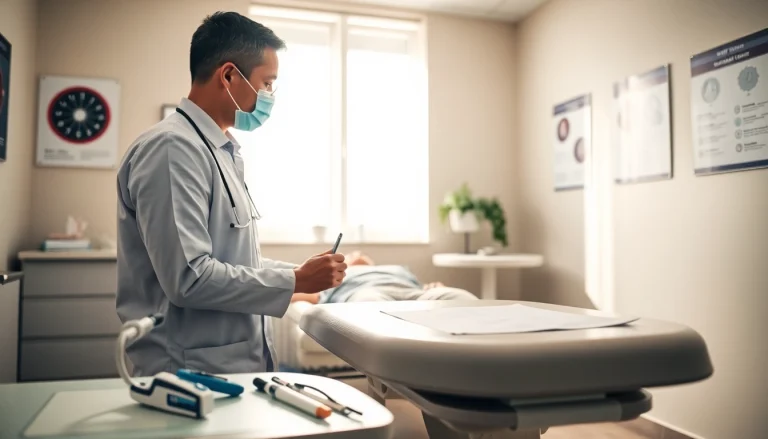
Understanding Genital Warts
What are Genital Warts?
Genital warts are small, fleshy growths that appear in the genital area, caused by specific strains of the human papillomavirus (HPV). Although these growths are often painless, they can lead to considerable emotional distress and embarrassment. The warts can vary in size and may appear as single lumps or in clusters that resemble cauliflowers. They can occur both in men and women and may appear on the vulva, vagina, cervix, penis, scrotum, and around the anus.
Common Symptoms of Genital Warts
While genital warts may not always produce noticeable symptoms, many individuals experience:
- Small bump(s) in the genital area
- Itching or discomfort
- Bleeding during intercourse
- Increased lumps over time
Asymptomatic individuals can still transmit the virus, making awareness essential. If you suspect you have genital warts, seeking medical advice is important to confirm the diagnosis and discuss removal options.
Causes and Risk Factors of Genital Warts
Genital warts are primarily caused by HPV through skin-to-skin contact during sexual activities. Factors that may increase the likelihood of contraction include:
- Multiple sexual partners
- Having unprotected sex
- A weakened immune system
- Previous sexually transmitted infections (STIs)
Understanding these causes and risk factors is vital to preventing infection and minimizing the spread of HPV, which is incredibly common globally.
Diagnosis of Genital Warts
How are Genital Warts Diagnosed?
The diagnosis of genital warts typically begins with a physical examination by a healthcare provider. They may inspect the affected area and assess the appearance of the warts. In some cases, a biopsy might be necessary to rule out other conditions, especially if the warts are not typical in appearance.
Importance of Proper Diagnosis
Accurate diagnosis is crucial because it helps determine the most effective treatment option. Certain conditions can mimic the appearance of genital warts, such as molluscum contagiosum or skin tags. Thus, a thorough examination can prevent inappropriate treatments or unnecessary anxiety.
When to Seek Medical Advice
Individuals should seek medical advice if they notice any unusual growths in the genital area, experience discomfort, or are concerned about possible HPV exposure. Early intervention can lead to better management and more successful outcome in removing warts.
Genital Warts Removal Options
Topical Treatments for Genital Warts
There are several topical treatments available that can effectively remove genital warts:
- Imiquimod Cream: This immune response modifier helps the body fight off HPV and can be self-applied. It encourages the immune system to attack the warts.
- Podofilox Solution: A cytotoxic agent that destroys wart tissue. It’s typically applied directly to the warts twice a day for three days.
- Trichloroacetic Acid (TCA): This chemical treatment burns off the warts. It’s usually applied by a healthcare provider and may require multiple visits.
These topical treatments need to be monitored closely due to potential skin irritation and varying effectiveness.
Procedural Treatments for Genital Warts
For more extensive or persistent cases of genital warts, procedural treatments may be recommended. Common methods include:
- Cryotherapy: This involves freezing the warts with liquid nitrogen, causing them to fall off over time.
- Electrosurgery: This technique uses electric currents to destroy the warts and is effective for larger growths.
- Laser Treatment: Employed for stubborn warts, lasers can vaporize warts without harming surrounding healthy tissue.
- Excision: Removing the warts surgically is another option, particularly when other treatments have failed.
Patients should discuss the pros and cons of each treatment with their healthcare provider to determine the most suitable option based on their needs.
Alternative Remedies for Genital Warts Removal
Though less scientifically validated, some individuals explore alternative treatments for genital warts removal. These can include:
- Natural Remedies: Some believe in herbal treatments, garlic extracts, apple cider vinegar, or tea tree oil, although solid evidence supporting their efficacy is limited.
- Diet and Lifestyle Changes: A robust immune system can improve recovery rates. Maintaining a healthy diet rich in vitamins C and E, plus regular exercise, may help the body combat the virus.
It’s essential to discuss any alternative treatments with a healthcare provider before starting to avoid interference with more effective methods.
Preventing Genital Warts
Safe Practices to Avoid Infection
Preventing genital warts largely revolves around sexual practices. Adopting the following measures can significantly reduce the risk:
- Practicing safe sex by using condoms consistently and correctly, although they may not cover all infected areas.
- Limiting the number of sexual partners.
- Engaging in open discussions with partners about STIs and testing.
Awareness and education about HPV can empower individuals to make informed decisions about their sexual health.
Vaccination Against HPV
The HPV vaccine is a crucial preventive measure against various strains of HPV, including those that cause genital warts. Recommended for pre-teens but effective for adults up to age 45, vaccination can significantly reduce the chance of developing genital warts and related health issues.
Individuals should consult their healthcare provider about the best vaccination schedule tailored to their health needs.
Regular Health Check-Ups
Routine sexual health check-ups can help with early detection of STIs, including HPV. Regular screenings should be part of one’s health strategy, especially for those with multiple sexual partners or a history of STIs.
Additionally, discussing vaccination options with a healthcare provider ensures that individuals are protected against high-risk HPV strains, thereby reducing the likelihood of developing genital warts.
Living with and After Genital Warts
Emotional Impact and Support
Many individuals with genital warts experience feelings of shame, anxiety, or depression. It’s essential to address these emotional impacts through open conversations with trusted friends, family, or professional counselors. Support groups can also be instrumental in helping individuals relate to others experiencing similar challenges.
Coping Strategies Post-Treatment
After treatment for genital warts, individuals may need strategies to cope with concerns about recurrence and emotional distress. Techniques include:
- Maintaining healthy communication with sexual partners.
- Focusing on high-quality physical health habits, such as good nutrition and regular exercise.
- Seeking professional support if feelings of anxiety or depression persist.
Understanding that HPV is common and that many people live with it can foster a sense of normality and resilience.
Maintaining Sexual Health After Treatment
Post-treatment wellness involves ongoing practices to ensure sexual health. Regular follow-ups with healthcare providers can help monitor for any signs of recurrence. Additionally, individuals are advised to:
- Continue using protection during sexual intercourse to prevent reinfection.
- Stay informed about the latest research and treatments concerning HPV.
- Engage in healthy relationships based on mutual respect and open communication.
Genital warts removal is only one part of managing sexual health. Understanding one’s body and fostering strong communication can contribute significantly to emotional well-being and personal relationships.






